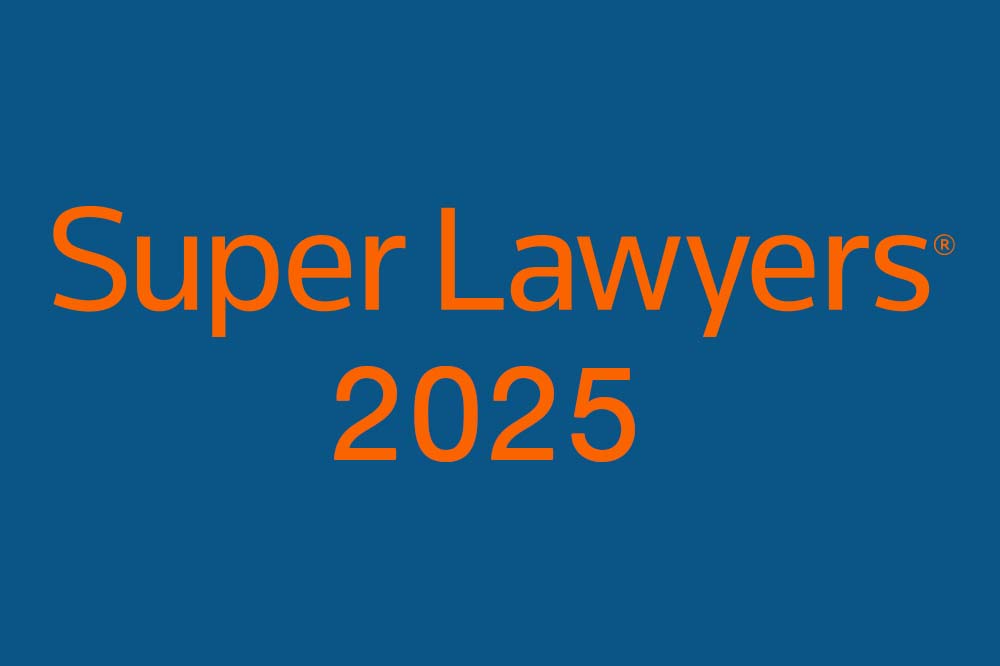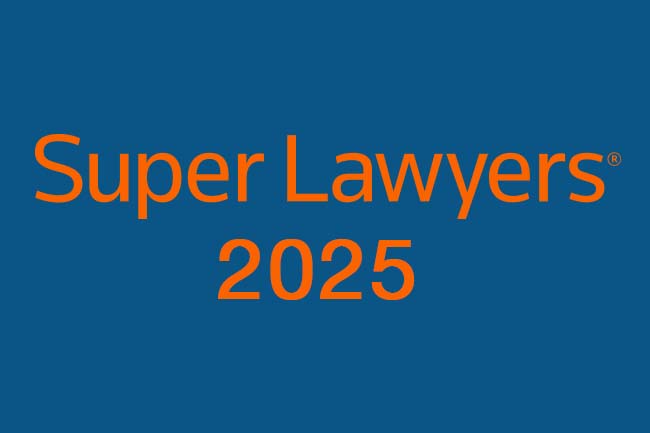Create a Trust
Trust services are essential for effective estate planning, ensuring your wishes are honored.
Understanding Trusts: A Key Financial Tool
A trust is a legal arrangement that allows a third party, known as a trustee, to hold assets on behalf of beneficiaries. Establishing a trust can provide financial security, streamline asset distribution, and potentially reduce estate taxes.

Explore the Different Types of Trusts for Your Estate Planning Needs
Trusts are essential tools in estate planning, providing flexibility and control over your assets. They can help avoid probate, reduce estate taxes, and ensure your wishes are honored. Understanding the different types of trusts can empower you to make informed decisions for your family's future.

Revocable Trusts: Flexibility and Control Over Your Assets
Revocable trusts allow you to modify or revoke the trust during your lifetime.

Irrevocable Trusts: Protecting Your Assets from Creditors and Taxes
Irrevocable trusts cannot be changed once established, offering strong asset protection.

Special Needs Trusts: Ensuring Care for Loved Ones with Disabilities
Special needs trusts provide financial support without jeopardizing government benefits.
Understanding the Trust Creation Process
Creating a trust can be a straightforward process when guided by experienced professionals. At SKH Family Law & Estate Planning, we ensure that every step is clear and tailored to your needs.
Initial Consultation
We begin with an in-depth discussion to understand your goals.
Drafting the Trust Document
Our attorneys will draft a trust document that reflects your wishes.
Review and Finalization
We will review the document with you to ensure accuracy.
Discover the Essential Benefits of Establishing a Trust for Your Future
Setting up a trust offers robust asset protection, ensuring your wealth is safeguarded for future generations. Additionally, it provides significant tax advantages and peace of mind knowing your wishes will be honored.
Secure your assets for future generations with a trust.
Enjoy tax benefits and financial flexibility through trusts.
Experience peace of mind with a well-structured trust.

Frequently Asked Questions
Quickly find answers by using our FAQ search tool, designed to help you locate the information you need with ease.
To draft a will you must have testamentary capacity, which means an ability to understand what it means to create a will, what property you own, who would naturally be your beneficiaries, and the terms of the document when you sign. You can be elderly and you can be sick, but as long as you have capacity and there is no undue influence placed on you, you can draft a new estate plan.
Yes, you have an estate. Your Estate is basically the property you own.
Everyone! There is an unfortunate, widespread misconception that only the wealthy need an Estate Plan. In fact, an Estate Plan is for anyone who wishes to provide for his or her survivors. If you pass away without a will or other Estate Plan, the laws of the state take over, and these laws may not reflect your wishes or provide for the ones you love.
After a divorce or marriage, the birth of children or grandchildren, relocation, or a change in financial circumstances. Additionally after a change in the code, such as the 1997 Taxpayer Relief Act which changed over 800 sections of code.
You should think about estate planning after any major life changing event: a marriage, divorce, birth of a child, or change in employment. You should also rewrite your estate plan if it has been more than seven years since you last revised your plan.
Have more questions?
Explore our comprehensive FAQ section to find detailed answers to all your questions.

Your Future Starts Here
We take pride in providing individualized legal strategy. Our firm works best with clients who value strategic, long-term planning and professionalism. Apply below to see if we’re a fit.

Additional Resources
Stay informed with our latest articles and resources.









